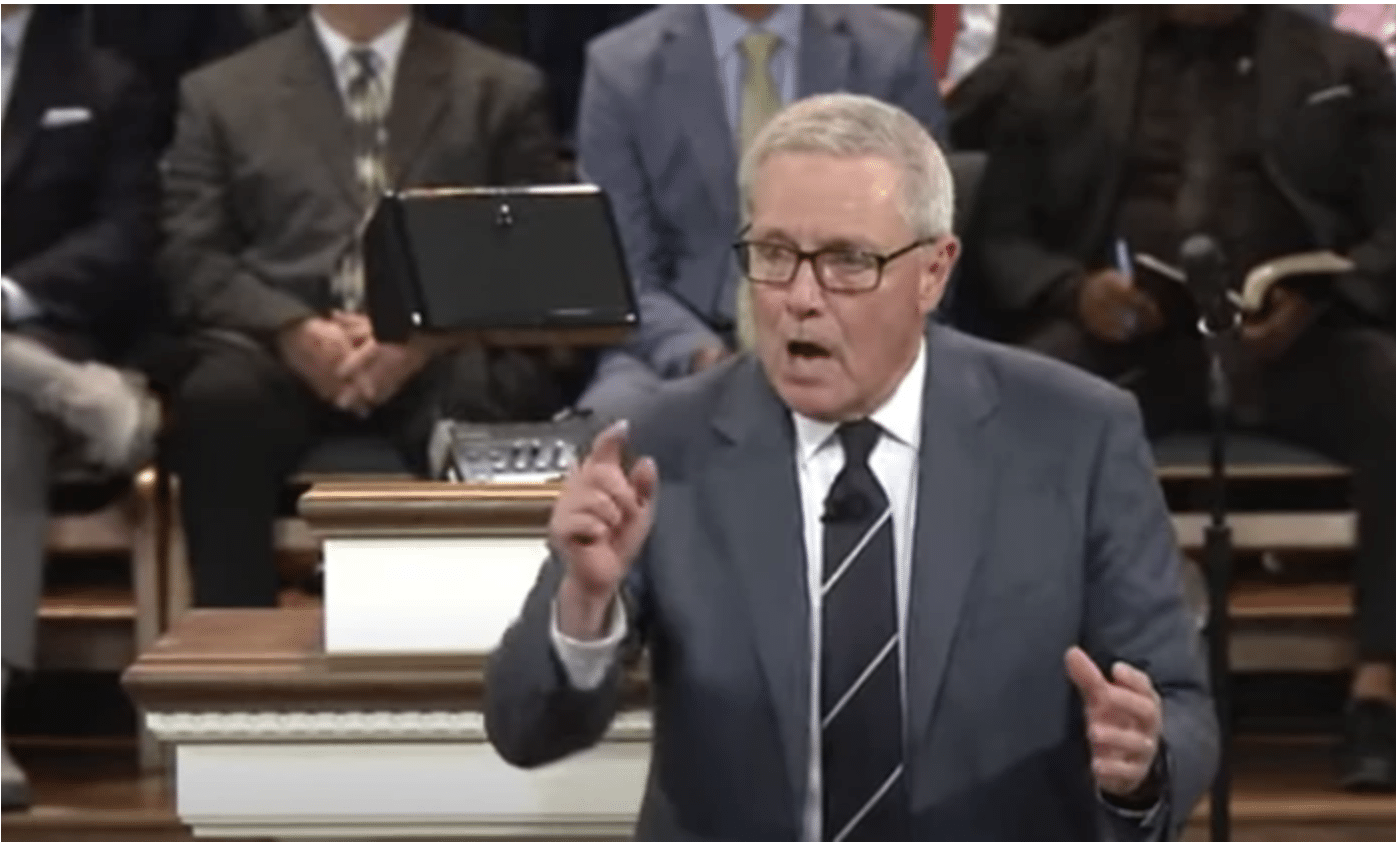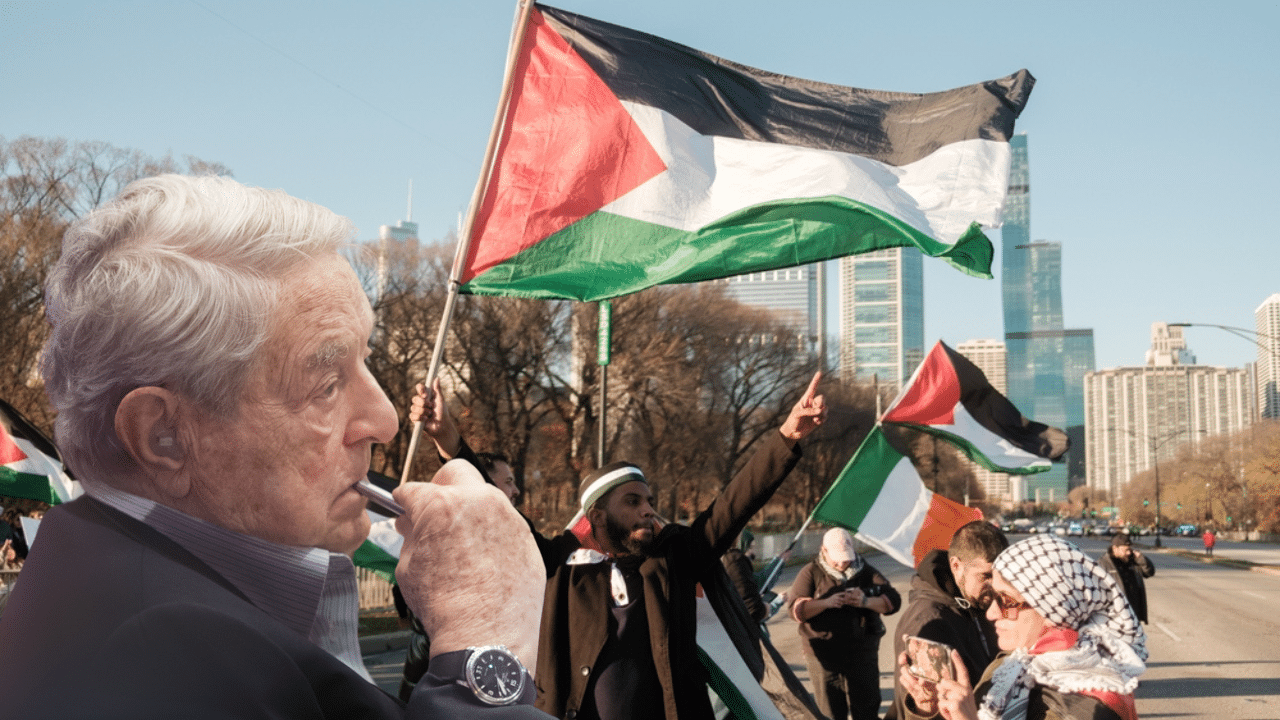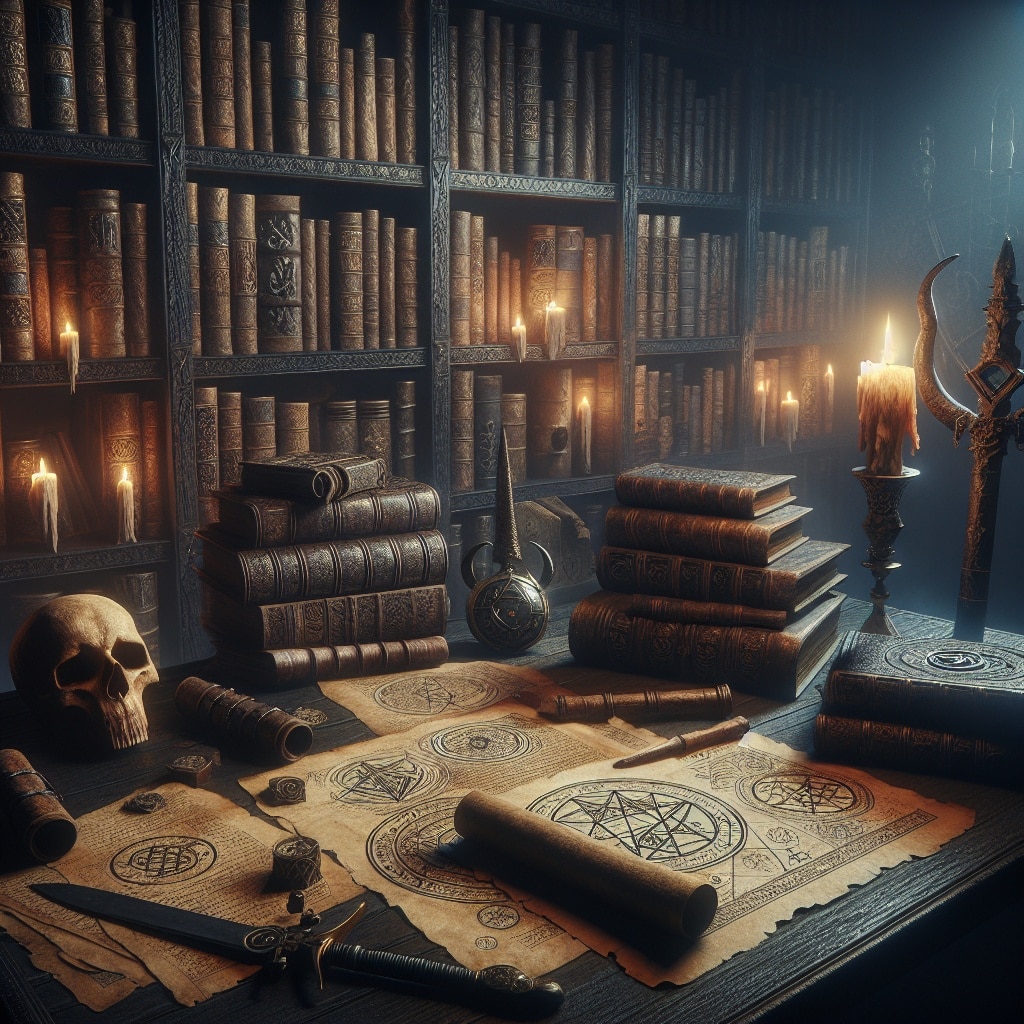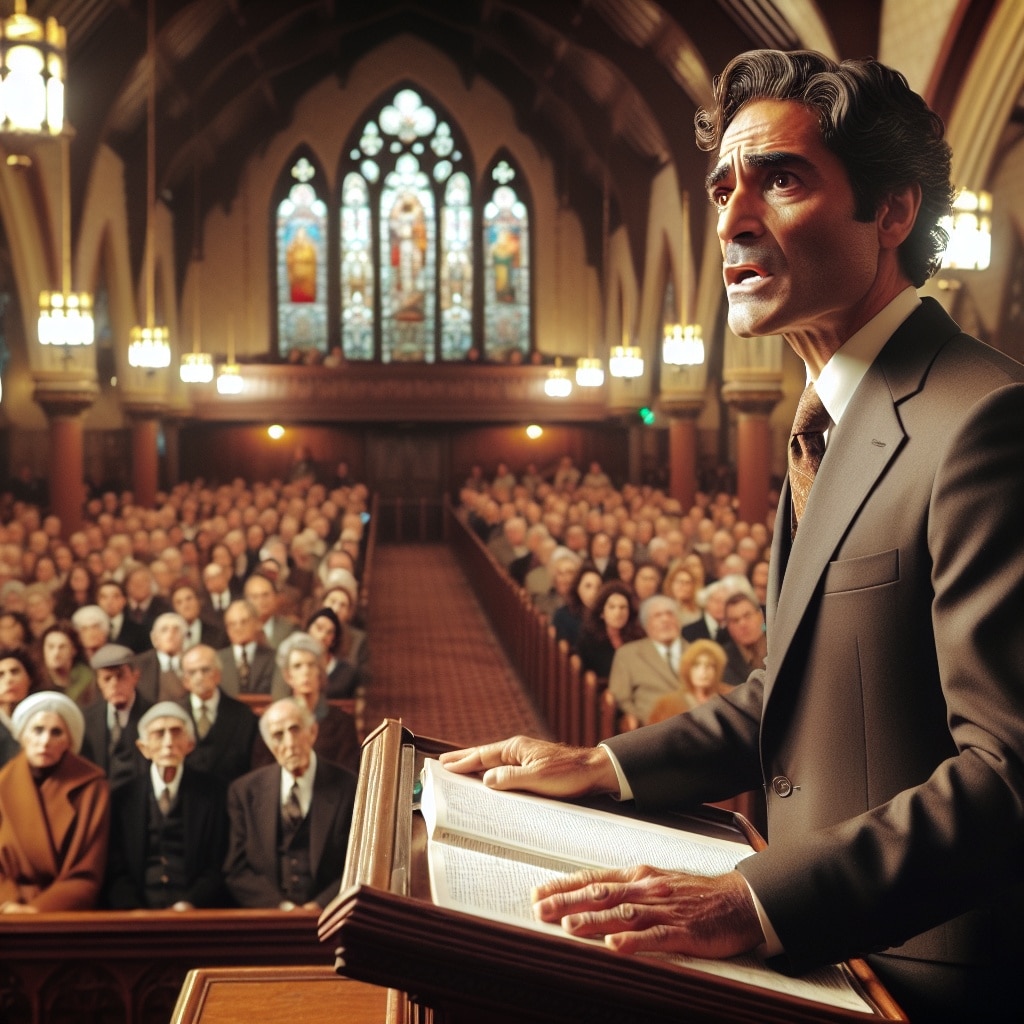EXCERPT FROM THE NEW YORK TIMES:
On a Wednesday evening last week, I sat in on a class called “Witchcraft 101: Curses, Hexes and Jinxes,” at Catland, a fashionable occult boutique in Bushwick, Brooklyn. More than a dozen people, most of them young women, sat in folding chairs in the store’s black-walled event space. The instructor was one of Catland’s co-owners, Dakota Bracciale, a charismatic, foul-mouthed 28-year-old former M.A.C. makeup artist dressed in flowing black, with a beard and long, lavender nails. “If you’re not ready to admit that the universe is chaos, I’m not sure how far you’re going to go,” Bracciale said to the class, describing witchcraft as a way to exercise power in a world without transcendent moral rules, a
supernatural technology for taking care of yourself when no one else will. Witchcraft, Bracciale said, lets you be the “arbiter of your own justice.” I suspect that this assumption of chaos — the sense that institutions have failed and no one is in charge — helps explain the well-documented resurgence of occultism among millennials. Attempts at spell-casting are obviously not unique to today’s young people; the Washington writer and hostess Sally Quinn just published a book in which she boasts about hexing the renowned magazine editor Clay Felker, my former journalism professor, before his death from cancer. Still, magic and witchcraft have a renewed cachet, one that seems related to our current climate of political and cultural breakdown. CONTINUE
















